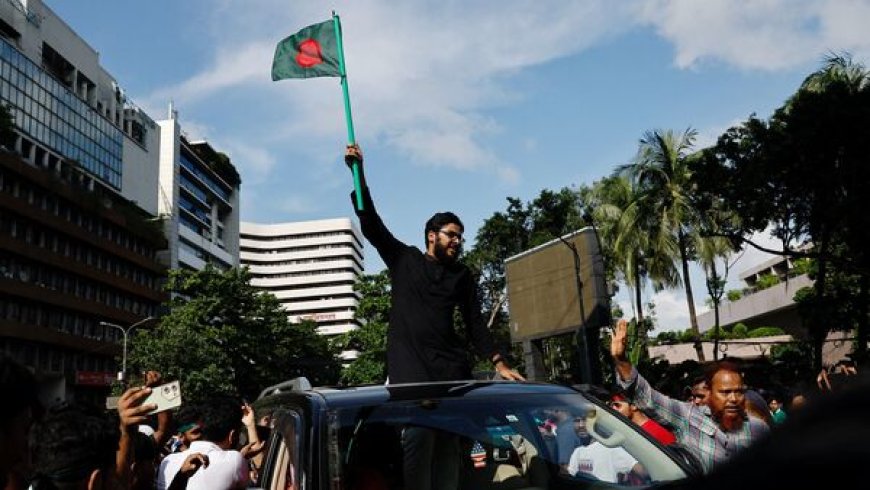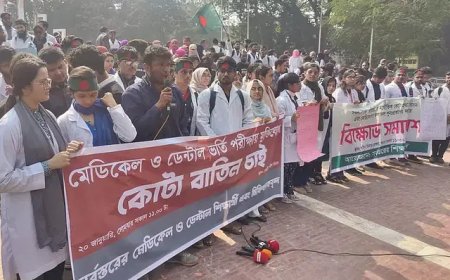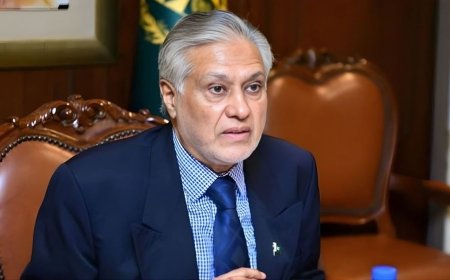SAD aims to maintain pressure on the interim government
SAD aims to maintain pressure on the interim government

The Students Against Discrimination (SAD), the student-led platform behind the recent mass uprising, has started questioning various decisions made by the interim government.
Similarly, the Jatiya Nagarik Committee, an organization of "conscious citizens," has raised concerns about some actions of the current administration. Both groups recently expressed disapproval over the appointments of two new advisers, even going so far as to hold public demonstrations and issue critical statements.
SAD leaders voiced their frustrations through street protests, while the Nagarik Committee released a formal statement condemning the appointments, sparking questions about a possible conflict between these groups and the government. Prothom Alo interviewed five key leaders from the Anti-Discrimination Student Movement, who, despite differing perspectives, shared a commitment to acting as a "pressure group" to ensure the government stays aligned with the reform agenda.
One SAD leader told Prothom Alo that the public remains dissatisfied with the interim government due to factors like high commodity prices. "The government must take proactive steps, but we’re not seeing adequate action," he stated.
Regarding the new appointments, the leader noted they were made without consulting students or the public. The advisers—Sheikh Bashir Uddin and Mostofa Sarwar Farooki—are seen as sympathetic to the Awami League, which the SAD feels could compromise the interim government’s impartiality. "Including known Awami League sympathizers in the advisory council is risky," he said, emphasizing the need to maintain pressure on such matters.
The Awami League was ousted on August 5 following the SAD-led uprising, after which SAD formalized as a student organization. The Nagarik Committee, established in September, aims to sustain the spirit of the uprising and advocate for reforms. While they share similar goals, SAD focuses on students, and the Nagarik Committee on professionals.
Recently, both groups demanded the resignation of President Md Sahabuddin, setting a deadline for the government to address this. However, some members express frustration at the lack of tangible action from the government on this issue.
A SAD leader clarified to Prothom Alo that opposition to certain government decisions does not imply conflict. “SAD’s independence from the government is often questioned due to the presence of three student representatives within the interim government,” he said, but emphasized that SAD and the Nagarik Committee are independent, not government affiliates.
According to an SAD member, the platform’s primary goal is to realize the aspirations of students and the public. “People may question our integrity if we endorse the government uncritically. We won’t support every decision,” he explained.
SAD spokesperson Umama Fatema added that while there is no direct conflict with the government, a growing disconnect exists. "This gap is due to the government’s lack of engagement with students and the public in key decisions and a lack of transparency, which is causing mistrust,” she said.
Nagarik Committee Critique
The Nagarik Committee has also voiced concerns about several government actions. In a press release on Monday, it stated that decisions made without stakeholder input go against the principles of the July uprising. Previously, in a September press conference, the committee stressed that the government’s slow response to public demands risks undermining the movement’s objectives.
Shamanta Sharmin, the Nagarik Committee’s spokesperson, told Prothom Alo on Tuesday that decisions made without stakeholder consultation are creating unnecessary tension. "In particular, the process of appointing advisers lacks transparency. The public deserves to know how these advisers are chosen," she said.
What's Your Reaction?





















































































